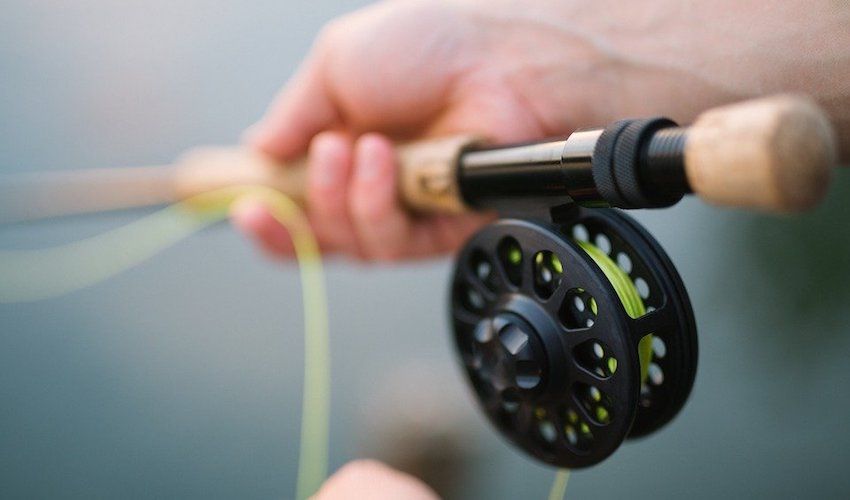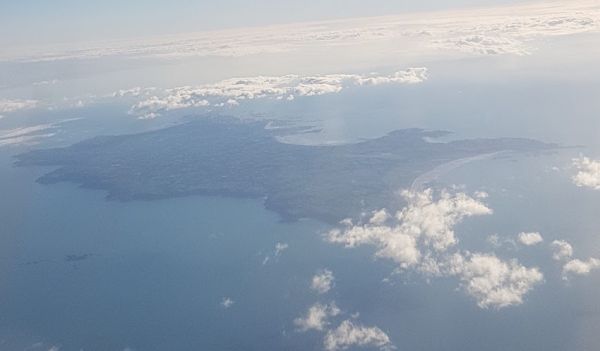


Warm-water fish found around the Channel Islands have been cited in a study warning that rising sea temperatures could wipe out British species like cod and see a proliferation of anchovies.
The study, completed by top marine scientists, has predicted that commercial fishing could be majorly affected by variations in sea temperature around the British Isles due to climate change.
But it could be good news for angling tourism, with more unusual species in island waters proving popular amongst the fishing community.
The Marine Climate Change Impacts Partnership found evidence of fish from warmer regions in the waters around the Channel Islands, as British staples like cod struggle to survive in the warming seas.
As reported in The Telegraph, the report finds that “cod is at risk” due to not being able to survive ocean acidification.

Pictured: Species typically found in warmer waters were recorded in Channel Island waters.
Meanwhile, other species – hake, anchovies and herring – appear to be taking up residence in UK seas, but there are currently no quotas in place to fish these species commercially.
The study predicts that by 2050, under a high-emissions scenario, the net value of the UK fishing industry will decrease by 10%.
Whilst many of the changes signal bad omens for the UK fishing industry, the report also deems arrival of the Atlantic bonito around the Channel Islands as an “opportunity” for tourism due to the fact that this species is “popular” amongst sea anglers.
Comments
Comments on this story express the views of the commentator only, not Bailiwick Publishing. We are unable to guarantee the accuracy of any of those comments.